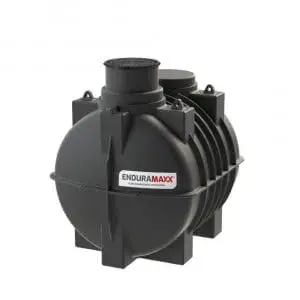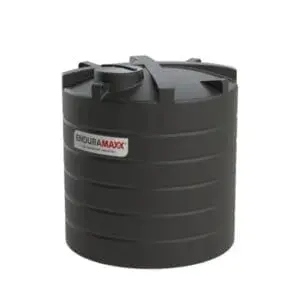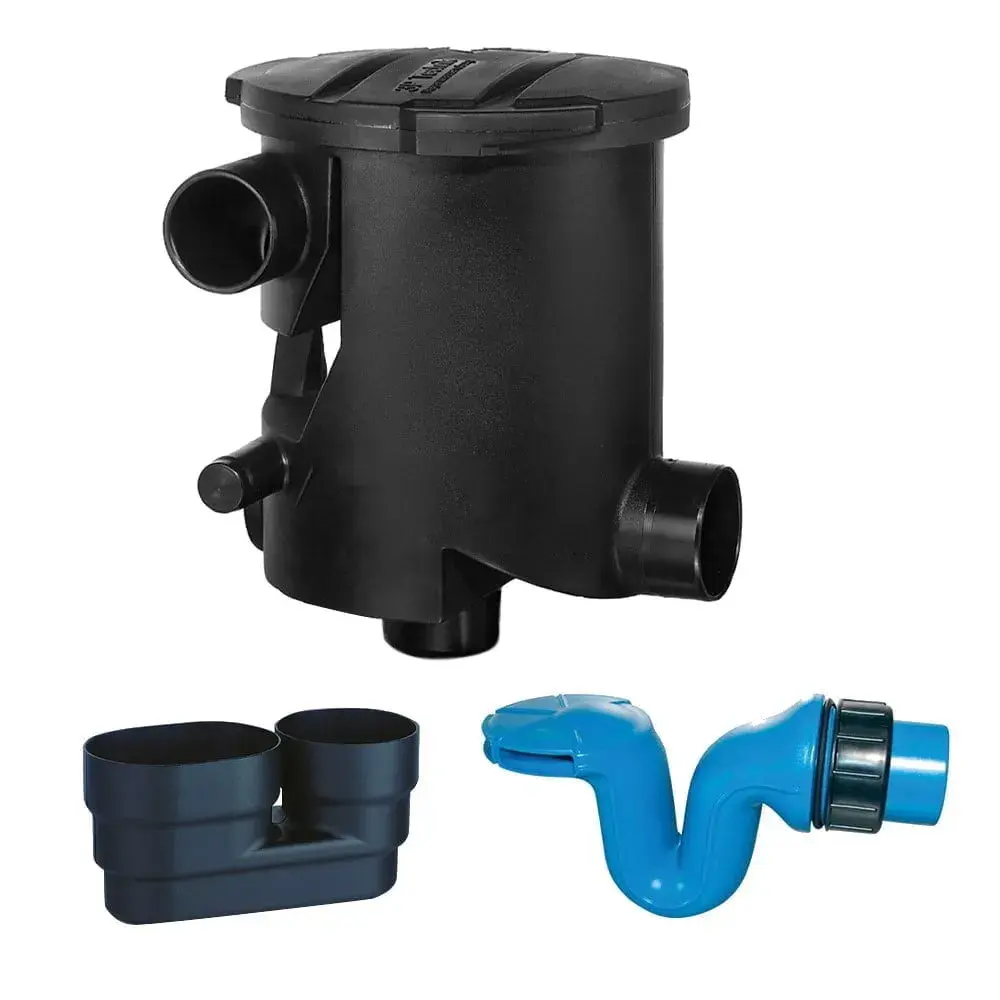Your blog post content here…
Rainwater – is it safe to drink rainwater?
Can you drink rainwater? Rainwater on its own is perfectly safe to drink – but it is usually contaminated by airborne pollutants and also by contact with the surface from which it is collected. It can contain parasites, harmful bacteria, and viruses as well as dust, heavy metals and even faeces.
You will only know how safe your rainwater is for drinking by having it tested. This will tell you whether it is safe to drink or whether you need to treat the rainwater before drinking it.
There are home water test kits available, or you could contact your water provider.
Of course. There are many areas in the world where the local people depend upon rainwater for their drinking water supply.
So, you need to be sure the rainwater you drink is safe.
Factors affecting the quality of rainwater
- How often does it rain?
- How much rain falls?
- Even a dry spell can add to the pollutants found on your collection roof.
- How polluted your local atmosphere is?
- How you collect, treat, test and store the rainwater?
- Roofing materials, gutters and pipes can all add to the contaminants.
Will boiling make rainwater safe to drink?
A survey was done in rural Guatemala.[1] It found that where the households boiled their rainwater the number of coliform bacteria was reduced by 86.2%. Although the quality of the water was improved by boiling there was still some contamination.
So, some pathogens can be removed by boiling – but not all of them and the water may need chemical treatment to make it safe. Contamination with heavy metals is not affected by boiling.
Other methods of treating rainwater
Filtration
Rainwater usually needs to be filtered to make it safe to drink. Filters near the collection point will get rid of leaves and moss but further filters may be needed to eliminate other pollutants like heavy metals.
Disinfection
If you intend to drink the rainwater then you might need to disinfect it.
Testing
Regular testing will show how effective your management is. If your water is not up to the standard you can still use it for a variety of purposes, such as flushing toilets, washing clothes, cleaning vehicles and irrigating your plants.
Legal requirements
There are regulations for the collection of rainwater. It is recommended that professional advice is followed regarding installations.
Are there health benefits from drinking rainwater?
Many claims have been made that drinking rainwater will improve your health. The only certain benefit, backed by science is a reduction in kidney stones (very painful) if people are not drinking enough, and a possible benefit for people trying to lose weight in that they tend to drink more rainwater. But any clean water is just as effective.
Enduramaxx Tanks for Rainwater & Drinking Water
Enduramaxx manufacture smooth, rotationally moulded plastic tanks – ideal for storing rainwater. We also have a selection of storage tanks for potable water, and these comply with all the regulations. In addition to the rainwater tanks, we can supply you with all the accessories you need to install and maintain a safe system for drinkable rainwater.
Whether you are a homeowner looking for a simple system for your home or a large commercial enterprise for potable drinking water tanks we have the technical skills and knowledge to ensure your system is efficient, affordable and safe. Why not give us a ring on 01778 562810 to find out more?
Main Image Istock
Posts By Topics
- Blog (303)
- Chemical Storage Tanks (118)
- Chemical Dosing Tanks (114)
- Chemical Tanks (114)
- Water Tanks (58)
- Rainwater Harvesting Tanks (43)
- Vertical Rainwater Tanks (31)
- Vertical Storage Tanks (31)
- Cone Bottom Tanks (19)
- Conical Cone Tanks (18)
- Rainwater Harvesting (17)
- Water Bowsers (15)
- Horizontal Tanks (14)
- Potable Water Tanks (13)
- Farming (9)
- Case Studies (8)
- Industrial Storage Tanks (7)
- Liquid Fertilser Storage Tanks (6)
- WRAS Approved Potable Tanks (6)
- Wine and Beer Production (6)
- Horizontal Transport Tanks (5)
- Microbrewery (5)
- Rainwater (5)
- Category 5 Break Tanks (4)
- Cider Production (4)
- Mixer Tanks (4)
- Molasses Tanks (4)
- Polyethylene tanks (4)
- Rainwater Filter Kits (4)
- SPECIALIST & BESPOKE TANKS (4)
- Bunded Tanks (3)
- Slimline Tanks (3)
- WRAS Approved (3)
- Clarification Tanks (2)
- Crosslinked Polymer Tanks (XLPE) (2)
- Fertiliser Tanks (2)
- Sump Tanks (2)
- Tank Installation (2)
- Water Butt (2)
- underground water tanks (2)
- ACCESSORIES & FITTINGS (1)
- ATV & UTV SPRAYING UNITS (1)
- Above Ground Effluent Tanks (1)
- Bespoke Tank Frames (1)
- Category 5 Turret (1)
- Caustic Soda Tanks (1)
- Closed Top Bunded Tanks (1)
- Craft beer (1)
- Effluent Tanks (1)
- Enduramaxx (1)
- Ferric Chloride Tanks (1)
- Fire Safety Regulations (1)
- Fire Sprinkler Water Storage Tanks (1)
- Industrial Water Tank (1)
- Open Top Bunded Tanks (1)
- Open Top Cone Tanks (1)
- Open Top Vertical Tanks (1)
- Polyethylene Potable Water Tanks (1)
- Polyvinylidene Fluoride (PVDF) Tanks (1)
- Polyvinylidene Fluoride Tanks (PVDF) (1)
- Pressure Washers (1)
- Pro Series Spot Sprayers (1)
- RWH (1)
- Sodium Hydroxide Storage Tanks (1)
- Sprayer Fill-up Tanks (1)
- Uncategorised (1)
- liquid fertiliser tank (1)
Sign up to the newsletter
enduramaxx.marketing
Related Posts
Ferric Chloride Storage Solutions for Containerised Systems | Enduramaxx - Manufacturers of Polyethylene Tanks
Ferric Chloride Storage Solutions for Containerised Systems, water purification and water treatment...
Open Bund Tanks For Chemical Dosing Systems - Enduramaxx
Open Bund Tanks for Chemical Dosing Systems are used for storage of dosing and treatment chemicals...
Double Confinement Chemical Dosing - Enduramaxx
Double Confinement Chemical Dosing, to increase safety of dosing systems and chemical storage on...
Related Products
From £1,080.00 inc. VAT
£900.00 exc. VAT
From £1,344.00 inc. VAT
£1,120.00 exc. VAT
From £768.00 inc. VAT
£640.00 exc. VAT
£480.00 inc. VAT
£400.00 exc. VAT




